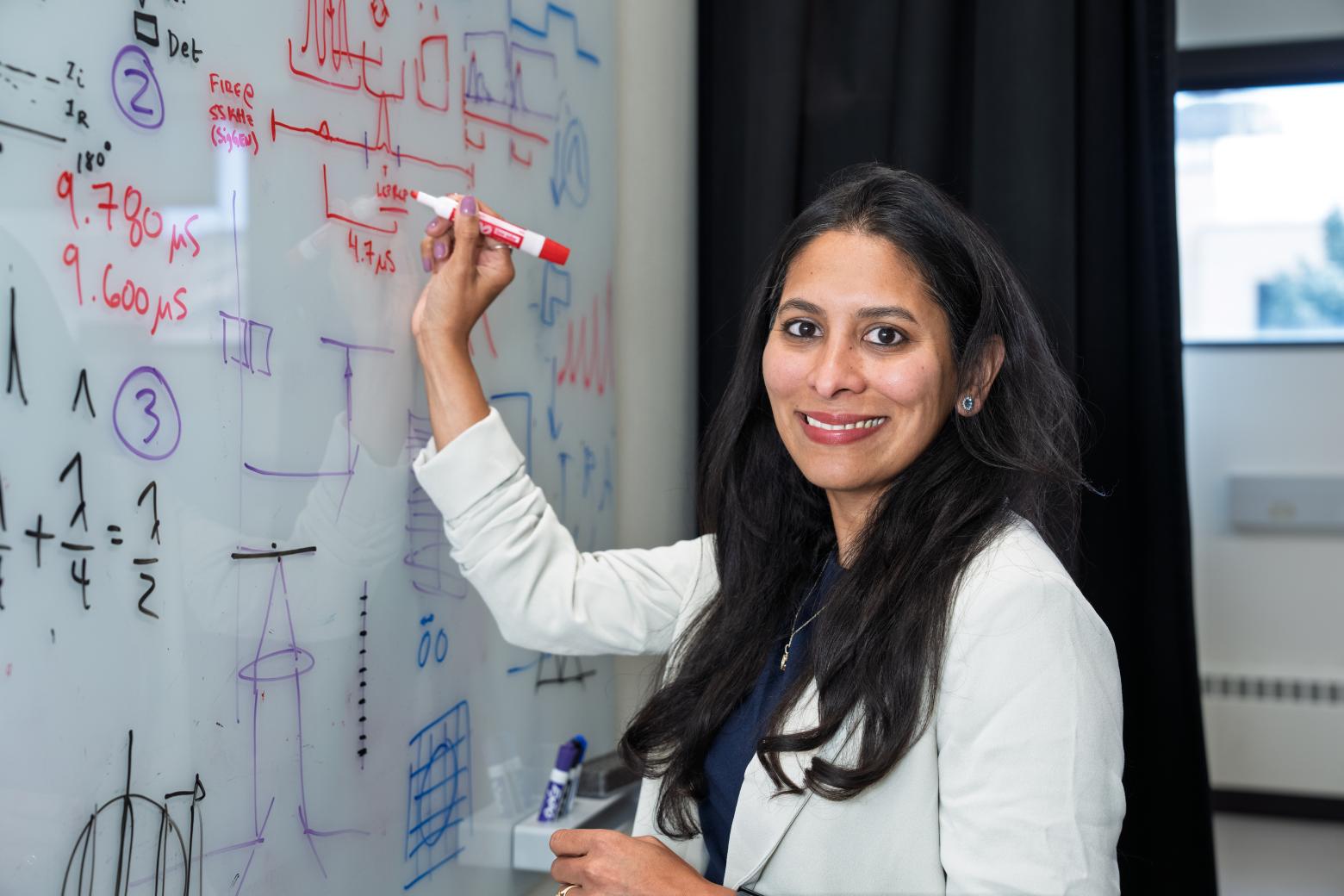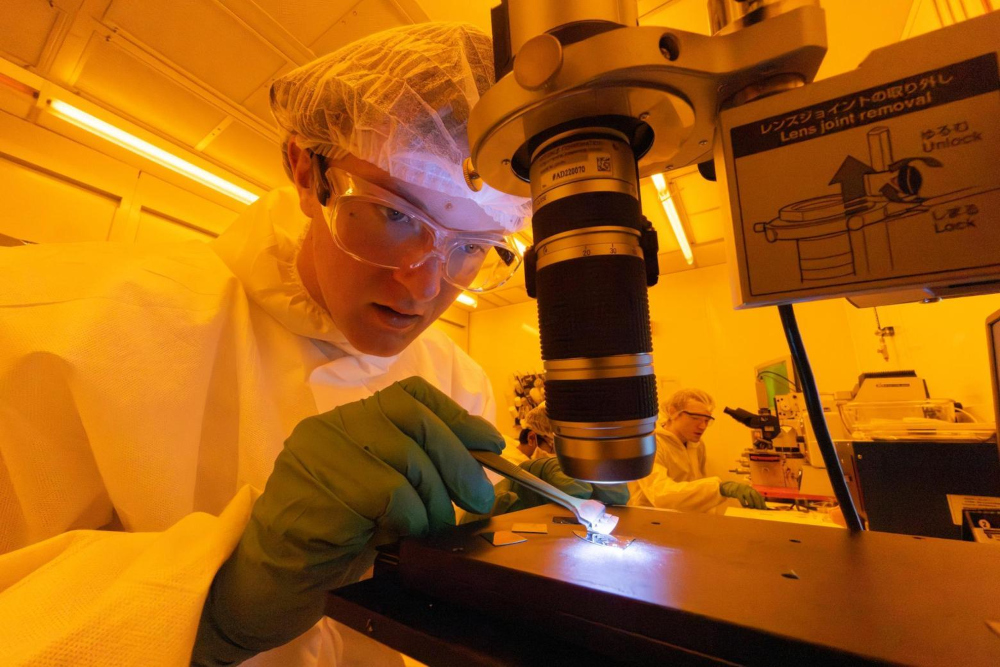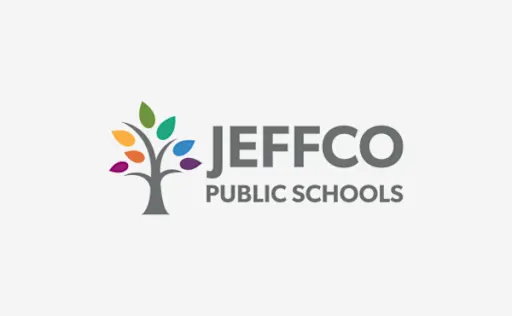
Yamuna Phal, assistant professor of electrical engineering at Golden-based Colorado School of Mines, has received a $1 million Partnerships for Innovation-Research Partnerships (PFI-RP) grant from the National Science Foundation (NSF) for her team’s research aimed at developing advanced imaging technology to analyze how chiral drugs interact with biological tissues. This work is intended to improve the safety and efficacy of pharmaceuticals.
Chirality is an important concept in pharmaceuticals, as molecules can exist in pairs with different geometries, leading to varying effects on individuals. Phal’s research seeks to fill a notable gap in current analytical tools, enhancing their capabilities. “Most analytical chemistry instruments used to isolate the two forms of drugs are limited to spectroscopy and cannot perform imaging,” Phal said. “Our goal is to develop a device that combines both, enabling detailed visualization of drug interactions within tissue environments.”
Phal’s co-PIs include Mines professors of physics Patrice Genevet and Jeff Squier, as well as Rina Dukor, CEO and co-founder of BioTools, a company specializing in chiral molecule analysis. BioTools will be essential in translating research findings into practical applications.
Phal credits Mines’ collaborative culture and institutional support for her achievement. “The support I have received since joining Mines in 2023 has been incredible,” she said. “Faculty accessibility, support and interdisciplinary collaboration have been key to advancing this success. The mentorship and support from the Electrical Engineering Department have been especially invaluable.”
The NSF PFI-RP program supports projects that require complex technology development and encourages partnerships between academic researchers and external organizations. This grant will not only foster technological advancements but also help cultivate the next generation of STEM entrepreneurs. “The broader impacts of this work extend beyond technology development,” Phal emphasized. “We aim to educate and empower the next generation of innovators and entrepreneurs, equipping them to lead advancements in STEM fields.”
Phal will integrate this research into her teaching, including a new graduate course focused on digital imaging. Her students have toured the instruments and resources available through Mines’ Shared Instrumentation Facility. One of Phal’s PhD students, Michael Le, will lead the design of the optical system for the project, aligning with his entrepreneurial goals.
This research has the potential to transform pharmaceutical development by enabling more detailed analysis of drug-tissue interactions, ultimately contributing to safer and more effective treatments.


